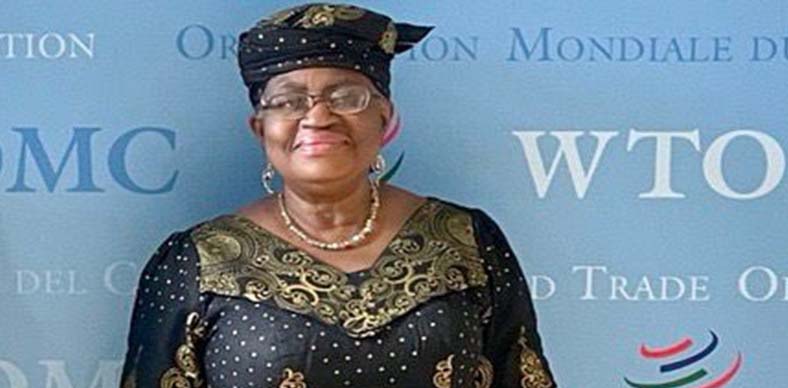News
WTO Chief Warns U.S. Tariffs Could Harm Global Trade and Economic Growth

The Director-General of the World Trade Organization (WTO), Ngozi Okonjo-Iweala, has issued a warning that recent tariff measures introduced by the United States could have serious repercussions for global trade and broader economic stability. Her comments come amid growing international concern about the increasing use of trade restrictions and protectionist policies.
Speaking in response to newly announced tariffs from the U.S. government, Okonjo-Iweala emphasized that unilateral trade actions have the potential to disrupt supply chains, dampen investor confidence, and reduce the pace of global economic recovery. While she acknowledged that countries may have legitimate concerns about domestic industry protection or national security, she stressed the importance of resolving disputes through multilateral mechanisms rather than resorting to unilateral tariffs.
The U.S. tariffs in question, which target a range of imported goods, have sparked tension with several of its trading partners. While the U.S. administration argues that the tariffs are necessary to protect domestic industries and jobs, critics warn that such measures often lead to retaliatory actions from affected countries. This can create a cycle of trade disputes that risk escalating into broader economic conflict.
Okonjo-Iweala noted that previous episodes of large-scale tariffs and retaliatory trade barriers, such as those during the U.S.-China trade tensions of the late 2010s, showed a clear negative impact on global trade flows. She pointed out that trade volume growth has already been slowing due to various global shocks, including the COVID-19 pandemic and geopolitical tensions, and that the current economic environment remains fragile.
The WTO chief highlighted that a rules-based global trading system is more important than ever to ensure predictable and fair trade practices. She reiterated that the WTO stands ready to mediate and facilitate negotiations to resolve disputes among its member countries. Her remarks underscored the importance of upholding international trade rules, especially at a time when cooperation is needed to address overlapping global challenges, such as inflation, supply chain disruptions, and climate change.
While she did not directly name specific products or sectors affected by the U.S. tariffs, analysts suggest that the measures could involve strategic industries such as steel, aluminum, and advanced technologies. These are sectors where international competition is intense and where trade restrictions could lead to significant shifts in sourcing and investment decisions.
Okonjo-Iweala’s comments reflect growing anxiety among international institutions and business leaders about the return of protectionist policies, which many believe could undermine years of progress toward liberalized trade and open markets. She warned that if the current trajectory continues, it could trigger a decline in global trade growth, which the WTO had recently projected to remain modest in the near term.
Her intervention is seen as a call for restraint and renewed dialogue among major economies, especially as the WTO prepares for upcoming discussions aimed at strengthening global trade rules. She emphasized that cooperation, not confrontation, should guide international trade policy in order to promote inclusive and sustainable growth.
Economists have echoed her concerns, noting that tariffs often result in higher prices for consumers and can distort markets by diverting trade rather than reducing imbalances. They also point out that emerging and developing economies are often hit hardest by disruptions to global trade, as they are more reliant on open markets for exports and access to essential goods.
The WTO is expected to monitor the situation closely and engage with all parties involved in the dispute. Okonjo-Iweala concluded her remarks by urging countries to recommit to multilateralism and to seek common ground through dialogue and cooperation.
